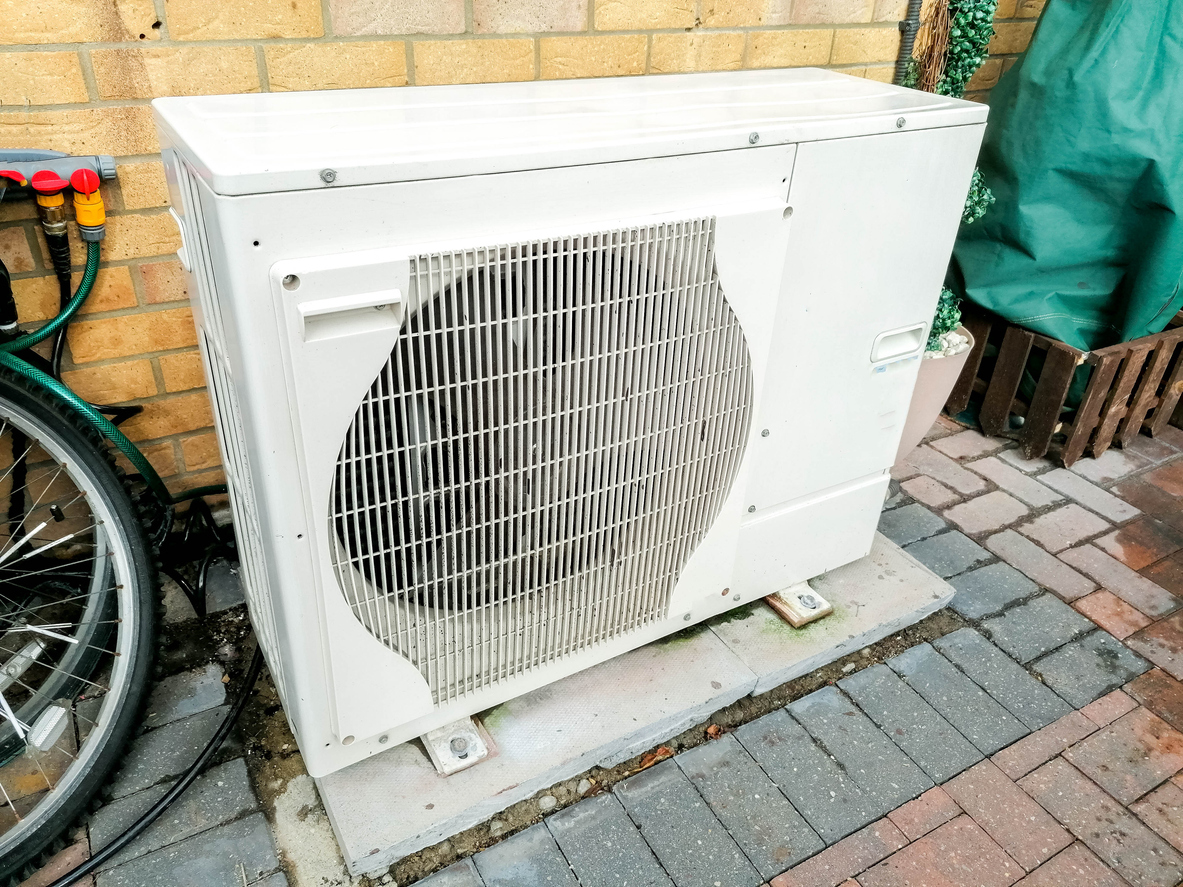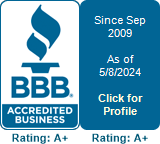Heat Pump Vs Air Conditioning
Heat pumps and air conditioner systems are two frequently considered options for creating an enjoyable atmosphere inside homes, especially during the summertime. However, while their primary purpose is to keep our homes cool in hot weather, they differ in terms of capabilities and features. So, which one is better? And which unit should you install in your home?
If you're thinking about upgrading your home's cooling ability, we can guarantee that you probably have these questions. Therefore, the team at Mersey Heating and Air Conditioning is going to be comparing heat pumps and air conditioner systems throughout this post, so you can get to know how they are similar and how they differ. By the end, you should have a better understanding of which unit may be right for your home.
Therefore, if you want to learn more about heat pumps and air conditioning systems, keep reading!
Is it better to have a heat pump or air conditioner?
It is crucial to take into account your individual needs and circumstances when choosing between a heat pump and an air conditioning unit. Heat pumps have the innovative benefit of being able to provide both cooling and heating in one system. Throughout the summer, they function as air conditioning units, obtaining heat from the atmosphere inside your home and releasing it outside. In the winter, they change this procedure by gathering heat from the air outside and sending it indoors, even in chilly conditions. Because of the flexibility they offer, heat pumps are ideal for moderate climates and for homeowners who prefer to have one unit for both heating and cooling rather than two separate units.
One of the primary advantages of heat pumps is their low energy consumption. They are intended to transfer heat rather than generate it, resulting in substantial savings in energy over traditional systems. Heat pumps can generate up to 3 times the heat energy they consume, making them a sustainable and affordable alternative. They can help decrease utility costs and reduce the negative impact on the environment, which is an added bonus.
Regardless, it is important to note that heat pumps have a higher initial cost than separate air conditioning. This is due to the fact that heat pumps are equipped with additional components and equipment to provide their dual capabilities. The price difference may vary according to the design and capabilities you select. However, the savings over time can help balance out these initial costs.
When choosing between a heat pump and an air conditioner unit, climate is critical. Heat pumps work best in temperate climates where temperatures do not increase above 25 degrees Celsius for extended periods of time. Heat pumps' efficiency can be reduced in hotter climates, necessitating the use of supplemental cooling sources to preserve comfortable indoor temperatures.
Can a heat pump produce cold air?
A heat pump can generate cold air. Heat pumps are reversible, which means they can operate in either heating or cooling modes. When in the cooling stage, the heat pump takes heat from the air inside a home and releases it outside, causing the home to cool.
During cooling mode, the refrigerant in the heat pump absorbs heat from the indoor air via the evaporator coil. This heat is subsequently sent to the outdoor unit and released into the surrounding air. The heat pump constantly removes heat from the indoor space and provides cool air by circulating refrigerant between the indoor and outdoor components.
In the end, the cooling effect provided by a heat pump works well for maintaining comfortable indoor temperatures during hot weather, making it an excellent choice for homeowners in milder climates.
Can it be too hot for a heat pump to work?
Heat pumps are engineered to operate efficiently in a broad spectrum of temperatures, including extreme heat. However, their performance in extremely high temperatures has some limitations.
The variation in temperature between the atmosphere outside and the desired temperature inside becomes smaller in hot conditions, making it more difficult for the heat pump to draw in heat effectively. As a result, the heat pump's capacity to cool the interior space may be weakened, as well as its overall efficiency.
To address this issue, some heat pump systems incorporate a secondary cooling system to improve performance in environments with higher temperatures above 35 degrees Celsius. However, because the Greater Toronto Area rarely experiences temperatures above this threshold, it is likely that homeowners will not have to worry about reducing the energy-efficiency levels of their heat pump when having one installed.
Do heat pumps last as long as air conditioners?
When it comes to their primary parts, heat pumps and air conditioners have similar lifespans. Heat pumps and air conditioning systems, on average, have a lifespan of 15 to 20 years. Heat pumps and air conditioning units both use similar parts to provide cooling, such as compressors, coils, and fans. These parts experience wear and tear over time, and their ability to last can be affected by variables such as usage habits, environmental factors, and routine maintenance.
Heat pumps and air conditioners, like any HVAC system, benefit from regular maintenance because it extends their lifespan. Neglecting maintenance can result in decreased efficiency, higher consumption of energy, and potentially premature system failure. As a result, it is recommended that you have regular professional maintenance performed on your heat pump or air conditioning unit, address any issues as soon as possible, and follow the standard care guidelines and best practices that are noted by the manufacturer of your unit.
Are you looking to beat the heat this summer? If so, Mersey Heating and Air Conditioning is your go-to HVAC company for customized cooling solutions that meet your needs and budget! Call and book your appointment with our home comfort advisors today to receive a complimentary new system purchase quote! We proudly serve the Toronto area and surrounding communities, including East York, Markham, Aurora, Unionville, Willowdale, and more! We look forward to partnering with you!







